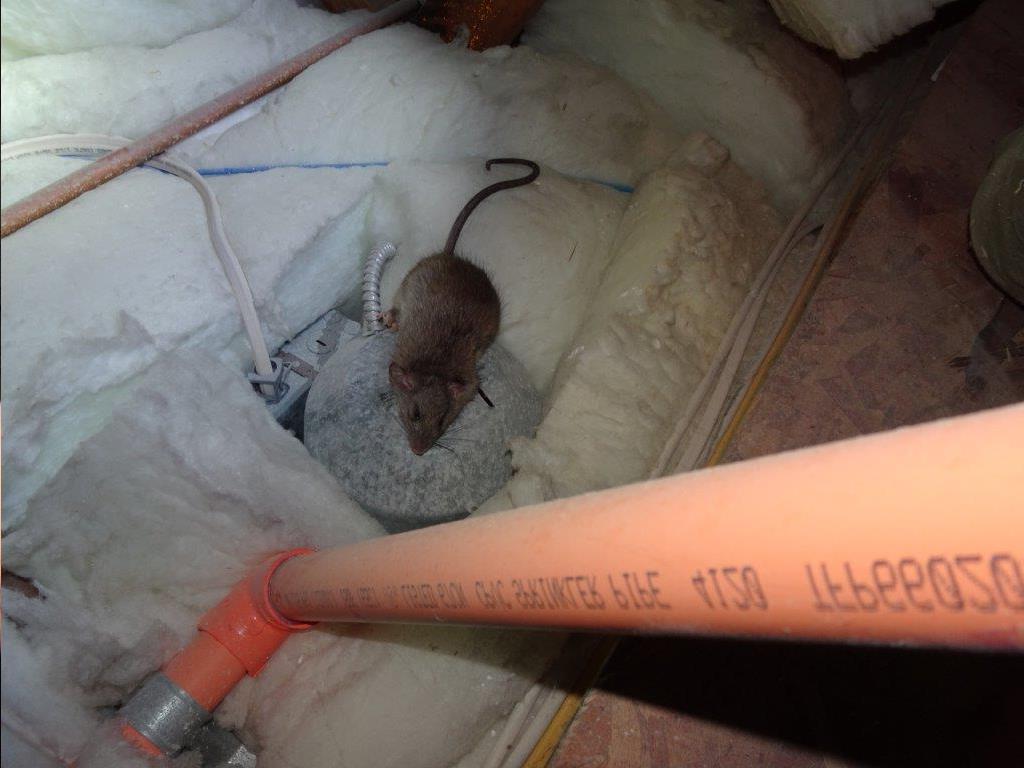
If you have captured a rat inside your home, then you are now likely looking for a new place for it to reside. Some would simply terminate the animal right there, but you want to go the extra mile. You want to find a place where this creation of God has a chance to survive, but where?
Get Some Help
What is important to understand is that a rat that has been relocated has a very small chance of survival. The reasons are quite obvious when you think about it. This is a small critter that is being dropped in an unfamiliar location. It doesn’t know where there is food or water, shelter, or any other form of protection. There are likely large numbers of predators that would love to end the life of that rat, turning it into that evening’s meal.
The rat doesn’t have the protection of the colony. Maybe it lived in a large group where it had a mate. All of that has been taken away from it, so its chances of survival are minimal, especially if it is not found a safe place to live on that very first night when temperatures may become cold outside.
You can increase the odds and ensure that the animal has a much better chance of survival. This is done by contacting your local wildlife preserve. These professionals know where are the best ecosystems for relocating any type of animal, including rats. They know the area well. They know the number of predators, typewriters, and the likelihood that the rat could avoid them. They will know if there are plenty of food and water sources, maybe even colonies the rat could join. It pays to contact here first because these professionals will increase the odds of survival for your rat.
Protect Yourself First
If you have been given a location to take the rat, there are some things you need to do first. What is important for you to understand is that these animals pose a risk to your health. They are the carriers of a number of different types of bacteria, viruses, and parasites, any one of which could pose a serious danger to your health.
These pathogens are often carried in the feces and urine of these animals. As it dries, particles can become airborne, attaching to your skin or getting into your airway. This can put you in serious jeopardy.
The solution is to protect yourself. Wear gloves, thick gloves at that. Put on clothing that covers all exposed skin, and wear a surgical mask. Don’t give these pathogens an opportunity to attach to your skin or cause you some kind of affliction.
You want to cover the cage so that no material can get out while transporting. When you reach your destination, simply open the door and let the rat get out on its own. Let it do all the work to protect yourself even further. In this way, you will protect yourself and give the animal its best chance of making it in its new home.
Go back to the Dallas wildlife removal home page.